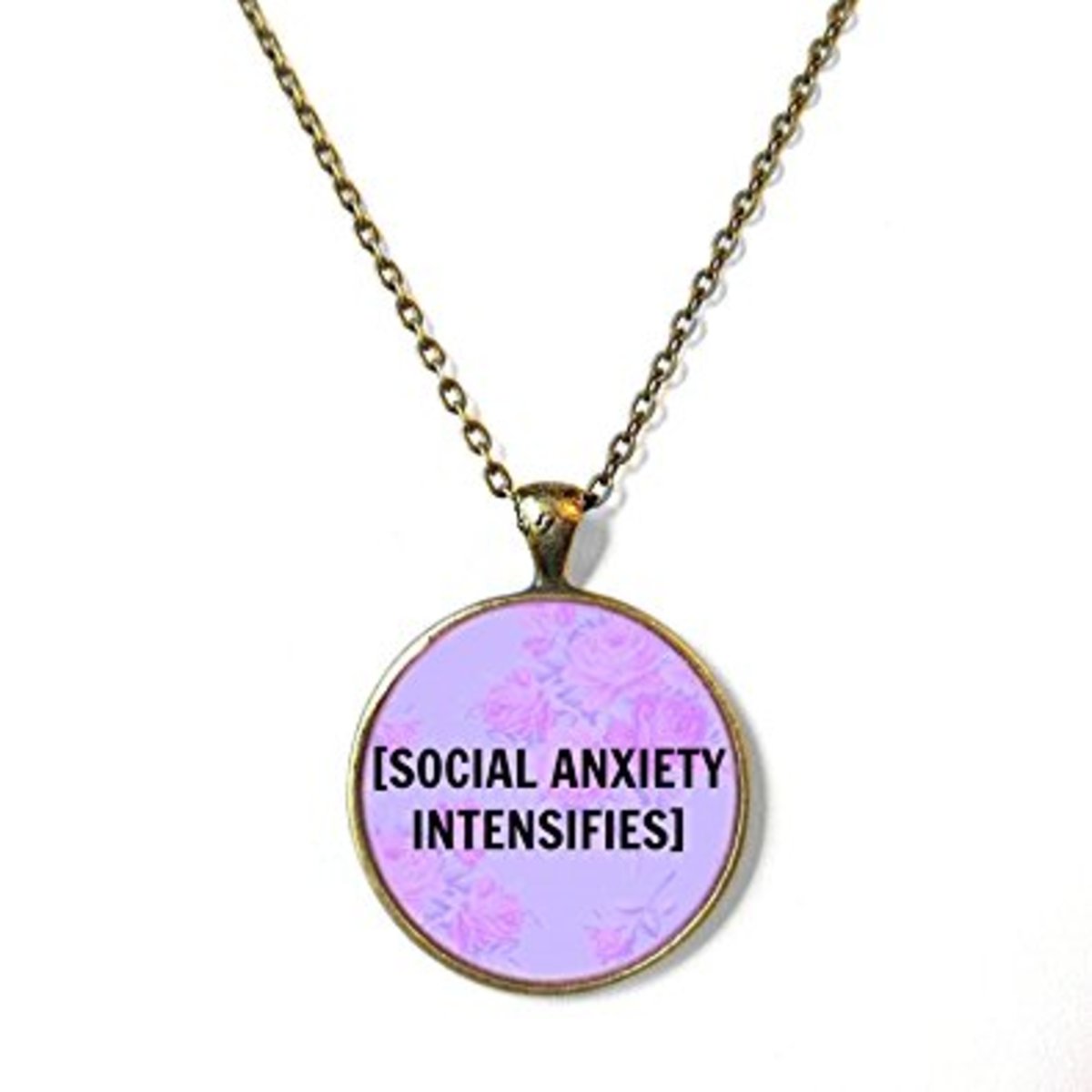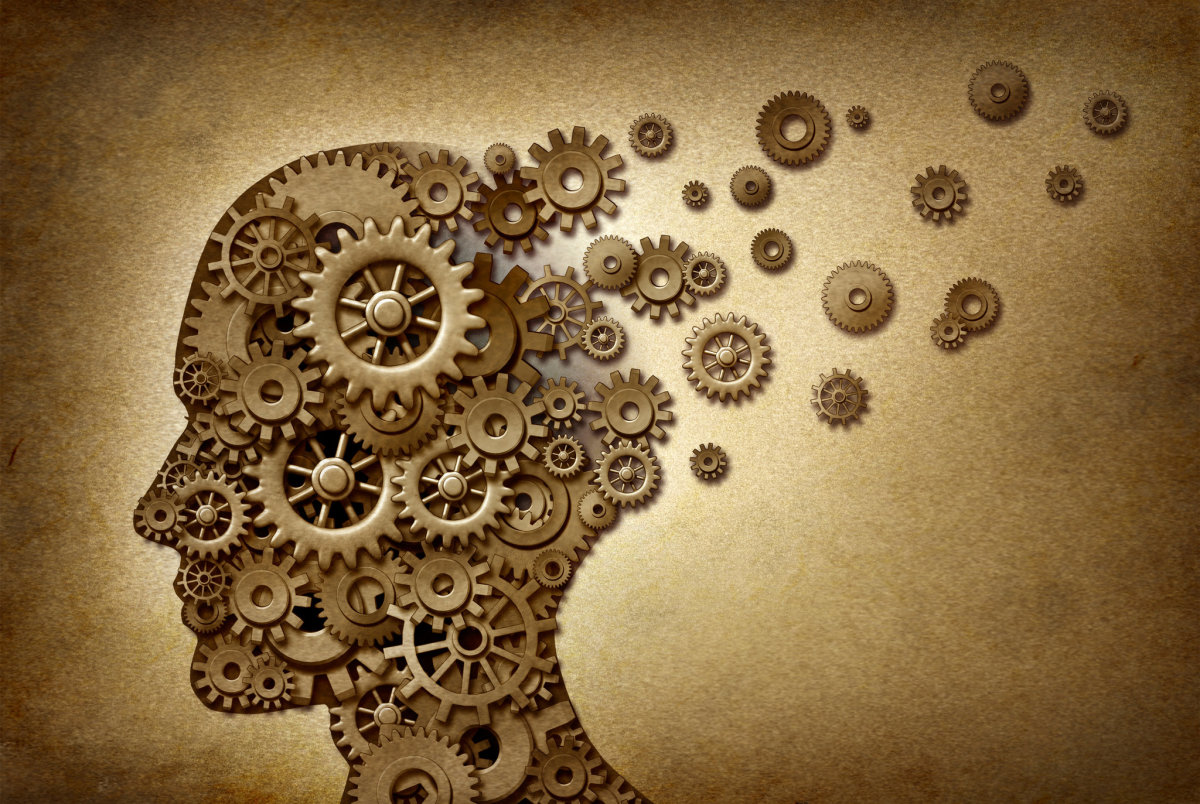Mental Health Issues _____ The Stigma Attached is the Hurdle
What are mental health issues?
It takes a lot of courage to say or even admit that, “I am mentally unwell”. There is a stigma attached to it. HIV, AIDS and many skin ailments such as vitiligo, psoriasis are the most stigmatized diseases. However, stigma associated with mental illnesses is specifically more prevalent and intense with far-reaching consequences. Mostly, people never found it easy to admit that he/she needs to seek the medical attention to cope up with the mental health issues or to express publically to have it.
Mental illnesses range from more commonly observed issues such as anger, loneliness, low self-esteem, anxiety, stress, eating problems, insomnia to major and severe problems such as depression, bipolar disorders, panic attacks, personality disorders, psychosis, schizoaffective disorders, schizophrenia, seasonal affective disorder etc. A lot of research is going on to unravel the causes of these problems. However, the current studies have shown that unfortunately, mental illnesses are perceived in a negative way all around the world. People with mental illnesses are made to feel uncomfortable and are discriminated often at their homes, within friends, in the community and even at work place. So, there is a social stigma attached to the mental health issues that actually worsens the problems in the person facing it and most of the time stop the person to seek the required support or help.
A lot is need to be done in this regard, to address the problems such as lack of acceptance from the society, discrimination, lack of required support etc.
Let’s discuss different types of Stigmas first.
Types of Stigma
- i. Social Stigma
Social stigma also known as public stigma is referred to as preconceived opinions of people around the sufferer. They can be loved ones, friends, colleagues etc. They are the people who sometimes label the person by his mental illness. Such type of stigma leads to the labelling of a person as less useful or less desirable. One such example is, to label a person as ‘crazy’. Socially stigmatized persons suffer from loneliness, social isolation, feeling of emptiness, worthlessness etc. Such biased attitude by community is basically the violation of human rights as, it ultimately leads to unemployment, lack of interest to seek the basic facilities e.g. the health care services or housing from the government. Various cases has been reported where sufferer doesn’t even feel a need to report a crime against him as, he believes he would be less likely to be believed by the police.
Types of Stigma
- ii- Self -induced Stigma
Self-induced or self-internalized stigma is self -perception of negative ideas about oneself. These negative self-perceptions are often the destroyers of one’s self-esteem. These negative ideas include hopelessness, shame, feeling of guilt, worthlessness, loss of self-confidence and motivation, loneliness, and I am not good enough feeling etc. The sufferer usually feels burdened to carry out even little tasks such as household chores and self-care. It may lead to the non-productivity in the sense that the sufferer doesn’t apply for various jobs due to prevailing self- assumption of failure. He predicts his failure even before applying for a job by adopting ‘why try’ attitude.
Mental health patients have to struggle in two ways. They not only have to face the challenges from outside i.e. social stigma in the form of stereotyping, prejudices and discrimination. They also have to face the inner challenges in the form of signs of illnesses and other problems related to it.
Why there is a stigma attached to mental health issues?
The existing beliefs for mental illnesses have remained negative throughout the history. Society generally victimize the sufferers by seeing them as a threat to social harmony and peace. Mental health patients are often stereotyped as a danger to others. A violent behavior is anticipated and associated with a mental health patient that accounts for the unjust treatment by the society. Individuals are held responsible for their mental illnesses due to lack of experience, and awareness by the society. There are various reasons for that. Lack of awareness and poor knowledge about mental illnesses is the major cause that strengthened these negative beliefs throughout the past. Media also played a negative role by spreading unauthentic news and reports without doing proper research in the past. Diagnostic labels such as depression, psychosis etc. have also been found to induce the stigma. The filming of mental health patients in various movies shows a clearly negative approach of media .Joker the movie; declared as the movie of the year has shown the lead character with illness to depict his childlike perception of the world and violent attitude. The movie ending was unclear and unsatisfactory.
Why there is a need to understand the mental illnesses?
Extensive researches have been done by psychologists and sociologists on the mental health issues in the form of public surveys, experiment, medical research, correlation research methods, observational studies, group studies, case studies, content analysis etc. There is an urgent need to understand the mental illnesses all over the word. Reasons for that can be listed as follows.
- Mental health patients and sufferers should not be considered as threats. With due acceptance and support by the family, friends, and the colleagues etc. they can seek medical attention required to deal with their disability.
- The sufferers may become a threat when they are marginalized and labelled by their illness by the society. It provokes the sufferers to hide it, and prevents them from seeking the required medical and the social support. As a result negative attitudes such as anger, fear of rejection, self- discrimination and violent behavior becomes predominant in the sufferer. So, hostility attached to the sufferer is a result of unjust attitude shown by the society. Fear of rejection stops them from even trying to live the quality life with employment, basic health and housing facilities.
- In this case, the studies show that discrimination from the society may lead to the use of various drugs or alcohol by the sufferer that is categorized as self-harm.
- The biography of various serial killers in the world shows how society and the brutal environment around a sufferer coupled with his illness led them to be the persons that have never existed in them. So, when they are done with taking nonsense from others, they choose to become nasty and rude and finally ‘The Serial Killers’. The unjust attitude of the cruel society awakens the beast in them. Nobody could ever be a born killer.
- The society needs to understand that mental illnesses aren’t in the control of the sufferers neither they are induced by them. Just like physical illnesses they are ailments requiring treatment. They could be genetic or sociological and can be controlled efficiently if dealt positively with the required support and acceptance by the society and medical assistance.
This content is accurate and true to the best of the author’s knowledge and is not meant to substitute for formal and individualized advice from a qualified professional.
© 2019 Memoona Mehtab






